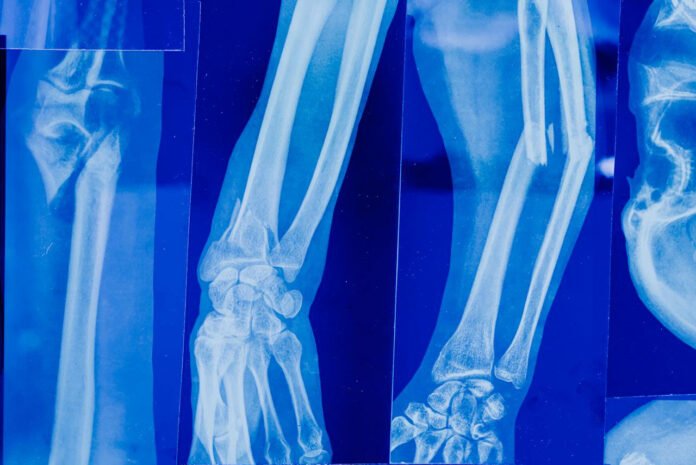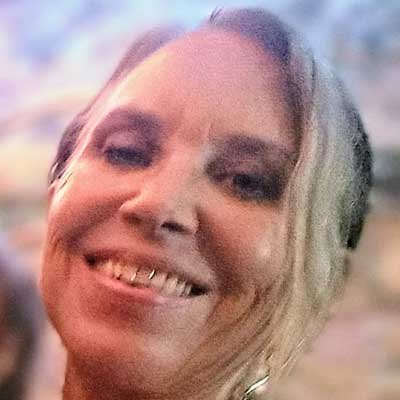What do they say now?? More than one in four women over the age of 65 in the US has been diagnosed with osteoporosis. For someone to be labeled as having this condition, it means they’ve lost 50 to 75 percent of the original bone material from their skeleton.
We have been leery of taking large amounts of calcium because of how my mom reacted to taking a calcium supplement. Mom had been taking calcium supplements for about 30 years. IT HAS MADE HER BONES SO HARD AND BRITTLE that she could not have oral surgery because the doctor was afraid he would bust her jaw.
Then, she broke her hip. She also had heart issues. So, let’s take another look at this calcium supplement debate.
Many people believe that bones lose calcium if they don’t get enough calcium in their diet. Of course, the National Dairy Council is at the forefront of promoting this point of view and the solution that we all need to drink more milk and consume more dairy products.
They’ve spent significant money ensuring that we all believe this.
Dr. Suzanne Humphries and other health and nutrition experts feel otherwise. Humphries is disturbed by older women being diagnosed with osteoporosis who are taking supplemental calcium and drugs known as bisphosphonates, which she believes are harmful approaches.
Osteoporosis isn’t a disease caused by calcium deficiency but a disease caused by excessive calcium loss, which means you can take all the calcium supplements you want, but if your diet and lifestyle choices aren’t healthy or you’re taking prescription drugs that cause you to lose calcium, you’ll still lose more of this essential mineral from your bones than you can get from your diet.
Humphries says that the “matrix of bone will incorporate calcium and nutrients where they belong as long as the proper hormones and nutrients are present” and that gravitational force in the form of weight-bearing exercise is essential for a healthy skeleton. (Back to the gym!)
Science constantly discovers new things about food, nutrients, and interactions in the body that we aren’t aware of.
Additionally, getting enough calcium is just a small factor in preventing osteoporosis. Oh, by the way, there is also evidence that refined sugars can deplete calcium.
On the other hand, getting adequate calcium through your foods is an important part of preventing osteoporosis. Foods like broccoli, snow peas, dark leafy greens including kale and spinach, almonds, beans, and yogurt are all rich sources.
Milk is not the best source because it has a poor calcium-to-magnesium ratio, and the body needs magnesium to ensure calcium gets into the bones.
Humphries suggests a more constructive supplement regimen would consist of vitamin C, vitamin K2, vitamin D3 (in the winter, and sun in the summer), boron, silica, and magnesium, which are all much more important for maintaining bone health and preventing fracture than calcium.
Vitamin C helps to mineralize bone, stimulate bone-forming cells to grow, prevent too much degradation of bone, and dampen oxidative stress. When the body doesn’t get enough vitamin C, the opposite occurs.
Studies have shown that elderly patients who fractured bones had significantly lower levels of vitamin C in their blood than those who hadn’t suffered a fracture.
Vitamin K2 is important for cardiovascular and bone health, while D3 helps keep bones strong and the immune system properly functioning.
Excess calcium ultimately ends up in the heart muscles, valves, and blood vessels, potentially leading to heart disease, which has been seen firsthand in X-rays. And brittle bones.
Bottom line – consuming too much calcium from your diet alone would be difficult. Over supplementation with calcium, however, may pose health risks.
We put Mom on a diatomaceous earth supplement, a diet rich in organic greens, goat yogurt smoothies, free-range meats, and the vitamin regime mentioned. We also took her off sugar, cheese, and creepy crawlies like shrimp and lobster. Now she is walking 4/10s of a mile daily in fresh air and back to playing bridge and doing her volunteer work.



